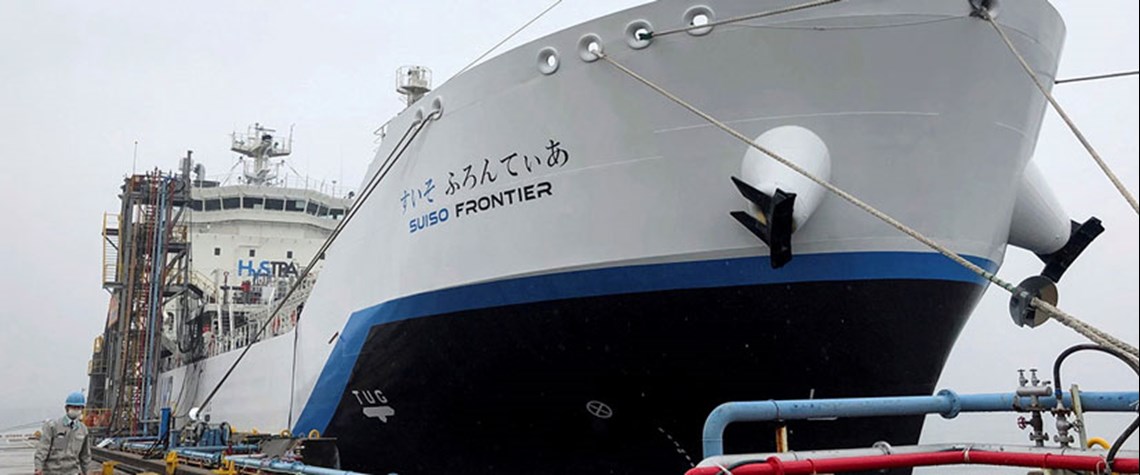Compressed hydrogen a potential option for shipping
Ships could be better-suited to short-haul voyages, offering market scalability, according to Global Energy Ventures
Ships carrying compressed hydrogen could help the nascent international hydrogen market grow by offering scalability, according to shipping firm Global Energy Ventures (GEV). Hydrogen is expensive and difficult to ship, and no single technology has yet emerged as the most cost-effective solution. Most hydrogen shipped internationally is first converted into ammonia, but this method has high reconversion costs, and some technical issues still remain in attaining hydrogen pure enough for use in proton-exchange membrane fuel cells. Liquefied hydrogen is often viewed as the natural successor to ammonia as export markets build and the costs of the technology come down. “A key advantage of C

Also in this section
18 February 2026
Norwegian energy company has dropped a major hydrogen project and paused its CCS expansion plans as demand fails to materialise
4 February 2026
Europe’s largest electrolyser manufacturers are losing patience with policymakers as sluggish growth in the green hydrogen sector undermines their decision to expand production capacity
2 February 2026
As a fertiliser feedstock, it is indispensable, but ammonia’s potential as a carbon-free energy carrier is also making it central to global decarbonisation strategies
28 January 2026
The development of hydrogen’s distribution system must speed up if the industry is to stand any chance of grabbing a meaningful slice of the low-carbon energy market







